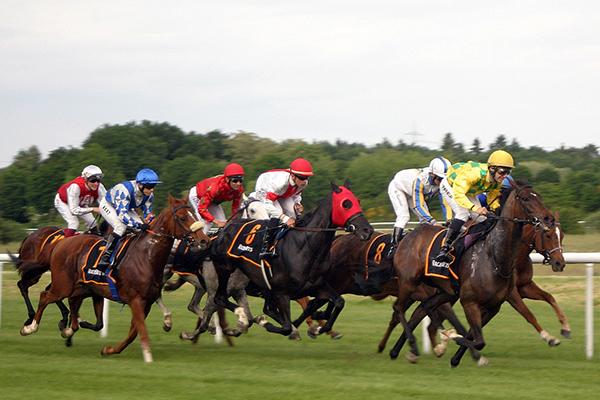Entertainment Industry - Animal Races

Species of animals used for racing include not only horses but also buffaloes, camels and dogs. Certain horse races (for example steeplechase) can involve large jumps that cause falls, injury and death to horses.
There are also reports of harsh training methods and performance-enhancing treatments (such as drugs, electrical stimuli, whips etc.) as would be expected with so much money at stake. Animals that do not perform are discarded, most are killed.
Horse Racing
As in most businesses, also in horse racing, profit is the priority and not the welfare of the horses.
The selected horses are subjected to a hard training until they are 4-6 years old, when they are no longer useful to the industry and are discarded. However, the life expectancy of a horse is usually about 30 years. Very few of these animals enjoy a dignified retirement and suffer physical and psychological consequences of going through training, mistreatment and harsh competition.
In the wild, horses spend 16 hours a day foraging. This is what their digestive system is adapted to. However, when used for racing, horses are given a high energy diet only twice a day. Therefore over 90% of racehorses are suffering from gastric ulcers.
The excessive exercise these animals undergo and the extreme exhaustion they reach, are causing many of them to suffer from lung bleeding, weakness and bone pain. In many cases the animals are drugged so they can continue racing without their injuries affecting their speed. Horses that suffer severe injuries preventing them form racing are likely to be discarded, sold to the slaughterhouse, or sold from one owner to another into increasingly worse conditions.
Hundreds of horses die in races each year. Many from fatal falls, broken bones like legs, spine or shoulder, or heart attacks. Others get sacrificed by their owner because they fail to perform and are not profitable anymore.
Scientific studies on animal welfare prove that horses endure severe physical and psychological stress during the race.
